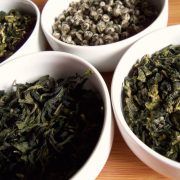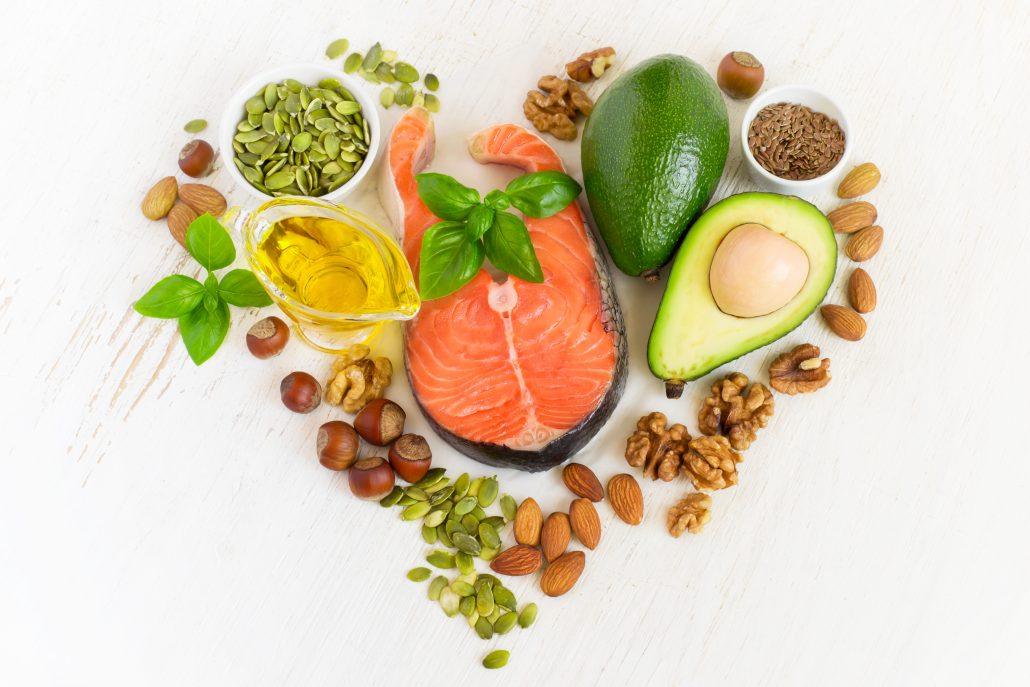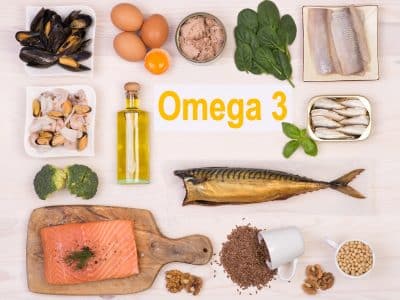Tag Archive for: heart health
Hydroxytyrosol is thought to be the main antioxidant compound in olive fruit, and it is believed to play a significant role in many of the health benefits attributed to olive oil. Previous research has linked the compound to cardiovascular benefits, typically reductions in LDL or “bad” cholesterol. Data has also suggested the compound may boost eye health and reduce the risk of macular degeneration.
Spanish researchers reported these results in the British Journal of Nutrition. Twenty-two healthy volunteers between 20 and 45 years of age and with a BMI between 18 and 33 kg/m2 were recruited. Volunteers were randomly assigned to receive 10 to 15 grams per day of hydroxytyrosol-enriched sunflower oil or non-enriched sunflower oil for three weeks. The former provided a daily hydroxytyrosol dose of between 45 and 50 mg. After the initial three week period, volunteers had two weeks of no intervention before crossing over to receive the other intervention.
Results showed no changes in total, LDL, or HDL-cholesterol between the groups. However, consumption of the hydroxytyrosol-enriched sunflower oil produced significant reductions in oxidized LDL from 79.8 units per liter at the start of the study to 64.1 U/l after three weeks, compared to an increase from 72.7 to 86.4 U/l during the control phase. Furthermore, the activity of arylesterase increased from 235.2 to 448.9 U/l during the hydroxytyrosol phase, compared with an increase from 204.1 to 310.3 U/l during the control phase.
The researchers reported that although hydroxytyrosol-enriched sunflower oil did not significantly reduce LDL-cholesterol or increase HDL-cholesterol, it acted as a functional food by increasing arylesterase activity and reducing oxidized LDL. Oxidized LDL is believed to be a major player in promoting atherosclerosis (the build-up of fatty plaques in arteries) and general cardiovascular disease. Based on these results, dietary sources of hydroxytyrosol appear to be capable of reducing certain risk factors associated with coronary artery disease.
Nearly 6 out of 10 American adults have elevated blood pressure, which is linked to an increased risk of strokes, coronary heart disease, and total mortality. A meta-analysis published in the American Journal of Hypertension analyzed 70 trials to determine the effect of eicosapentaenoic acid (EPA) and docosahexaenoic acid (DHA) on blood pressure.
Weighted differences were used to separate individuals into an EPA+DHA group and a placebo group. All of the studies combined resulted in a 1.52 mm Hg reduction in systolic blood pressure and a 0.99 mm Hg reduction in diastolic blood pressure for the EPA+DHA group over the placebo group. Additional data was used to further separate these into subgroups for additional analysis. This revealed even stronger effects of EPA+DHA, where a 4.51 mm Hg reduction in systolic blood pressure and a 3.05 mm Hg reduction in diastolic blood pressure were observed among untreated hypertensive subjects.
These results continue to build on prior evidence showing that omega-3 fatty acids may play a role in helping individuals control their blood pressure. One of the authors, Dominik Alexander, PhD, noted that “when measuring blood pressure, even small reductions can have a significant clinical impact.” He continues to note that these small differences could be the difference between having to take medication to control blood pressure. A 2 mm Hg reduction in blood pressure reduces stroke mortality by 6%, coronary heart disease mortality by 4%, and total mortality by 3%. In untreated hypertensive individuals, where the EPA and DHA were most effective, EPA+DHA treatment was as effective, or more effective, at lowering blood pressure than increasing physical activity and restricting alcohol and sodium.
Thanks for sharing! Entering your USANA ID number creates a unique URL, which allows you to receive credit on referrals.
Here’s how it works: When the link is clicked, a cookie (if allowed) is created. Shopping buttons on applicable product pages will appear to the referred user. A click on these buttons passes your referral information to USANA’s Shopping Cart, tying purchases made on cookie-containing devices to you for 30 days. In addition, if a person clicks on this unique URL and then later visits USANA.com and makes a purchase (within 30 days), you receive credit for the sale.
Enter your ID now for these enhanced features.








